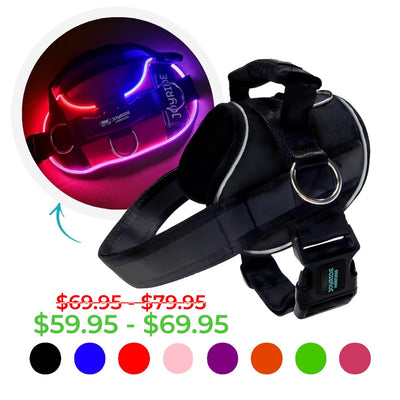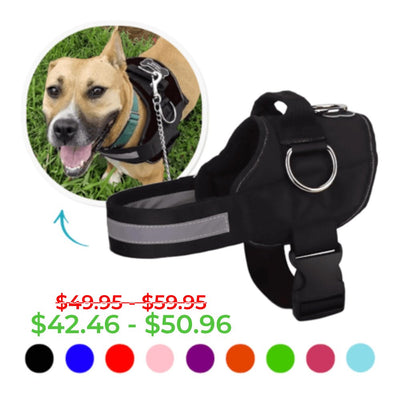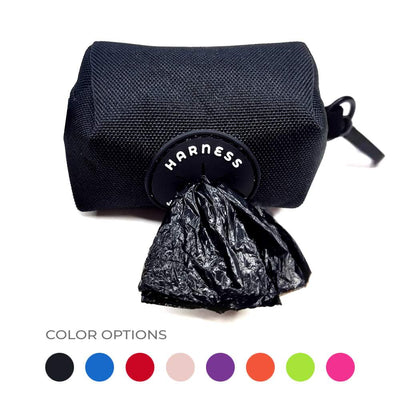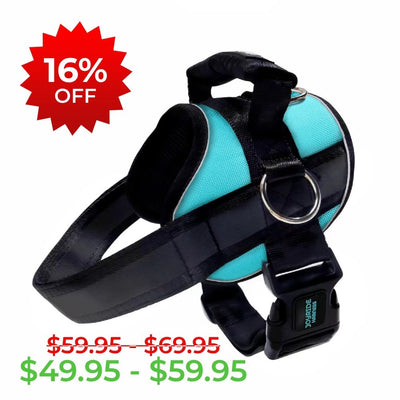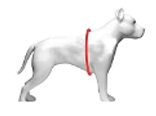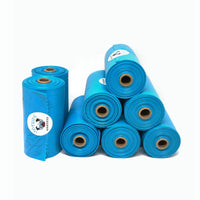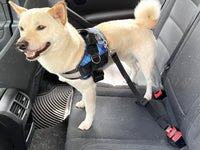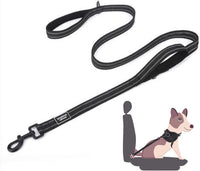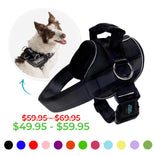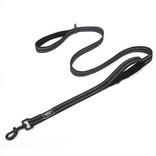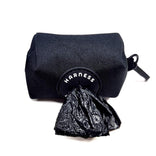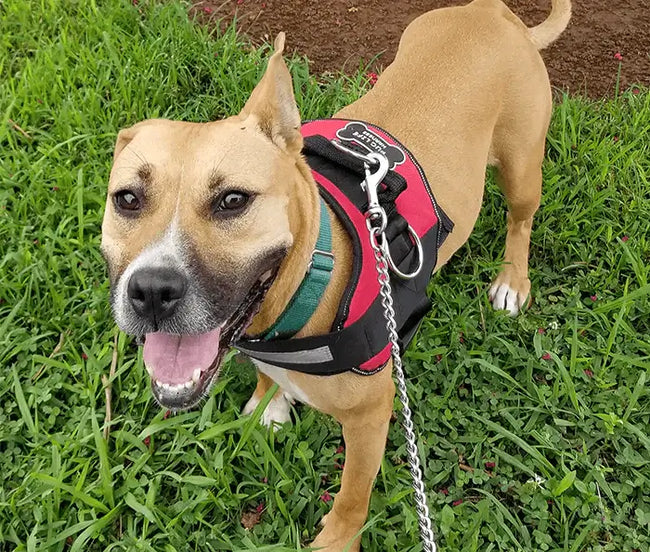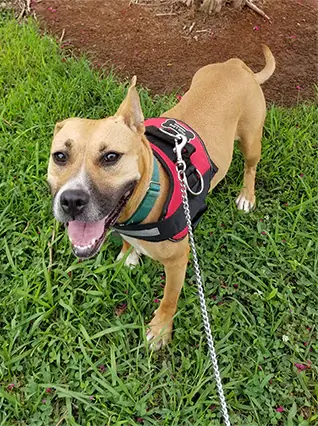Season Allergies In Dogs ( + Tips To Deal With It)
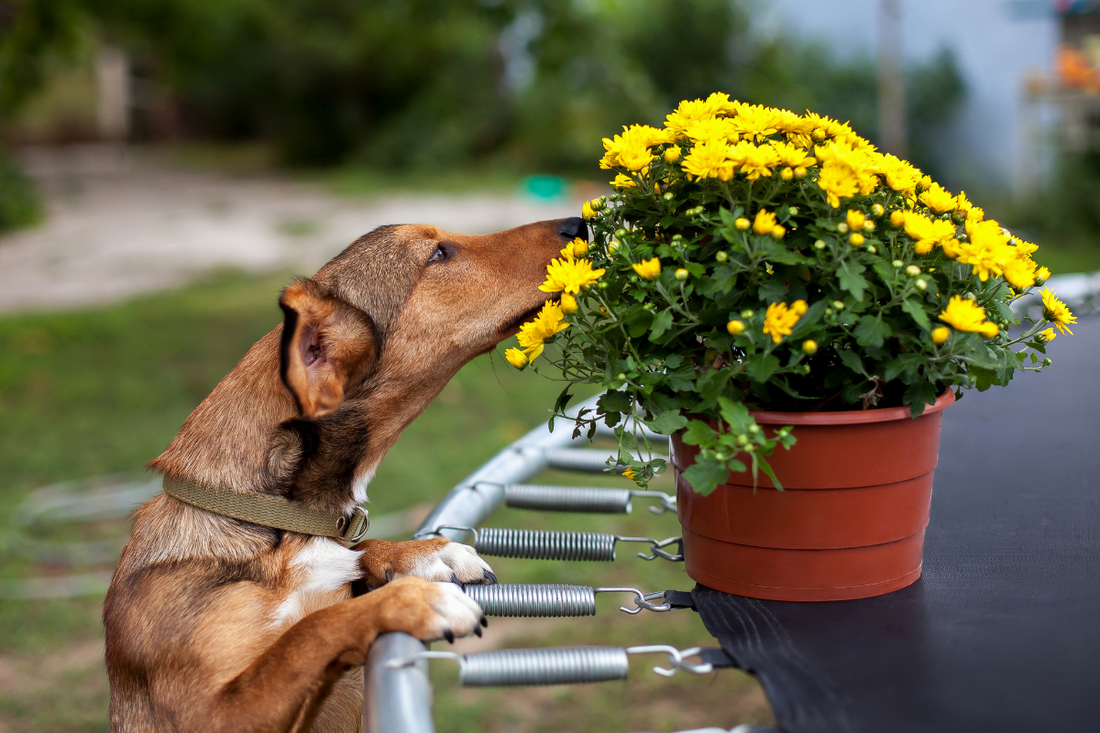
Seasonal allergies aren’t just a pain for humans; our furry friends can suffer from them too. Dogs can experience runny noses, itchy eyes, and constant sneezing, just like we do. These symptoms can be caused by everyday chemicals in cleaning products, smoke, perfumes, as well as natural allergens like pollen, mold, dust, and fleas.
When dogs have allergic reactions, it’s pretty similar to what we go through. They can get itchy, have skin irritation, and even stomach issues like diarrhea and vomiting. In some severe cases, these allergies can lead to secondary infections, making things even worse for your pup.
Today, let’s dive into some practical tips to help manage your dog’s seasonal allergies and keep them as comfortable as possible.
Change Up Your Dog's Walks
One way to help your dog deal with allergies is by adjusting their walking schedule. Try to avoid peak pollen times, which are usually early in the morning and late in the afternoon. Instead, aim for walks during late mornings or early evenings. When pollen counts are high, steer clear of fields and parks where allergens are rampant. Indoor play areas can be a great alternative during allergy season.
After your walks, wipe your dog down with a damp cloth or hypoallergenic, fragrance-free wipe to get rid of pollen and other allergens. Pay special attention to their paws, as they’re particularly sensitive. You can also soak their paws in a mix of two parts water to one part apple cider vinegar to help remove irritants. Or, try using boots on your dog’s paws to keep allergens out and your home cleaner.
Allergy-Proof Your Home

Making your home an allergy-free zone is key to reducing your dog's exposure to allergens. Start by regularly changing your home's air filters to catch indoor allergens that sneak in through open doors and windows. Use an air conditioner or dehumidifier to keep the air dry and prevent mold growth. Keep your dog away from damp areas like basements or bathrooms where mold loves to grow. Plus, vacuum weekly and clean curtains and rugs to keep dust and pollen at bay.
Dust mites are another common allergen for dogs. To combat these, use dust-mite-proof covers for your dog’s bedding and any furniture they frequent. Wash these covers in hot water weekly to kill mites and remove allergens. Keep your home well-ventilated to reduce indoor allergens further.
If you know that your dog has allergies make sure that you introduce them to your home stress-free so you better prepare!
Keep Your Dog's Sleeping Area Clean

Allergens can build up on the surfaces where your dog sleeps, so keeping their sleeping area clean is crucial. Wash your dog's bedding, blankets, and any covers on furniture in hot water weekly to get rid of allergens. Using removable covers like towels or pet blankets on your and your dog's beds, as well as on sofas and chairs, can make cleaning easier.
Don’t forget to regularly wash your dog’s plush toys, as they can also collect allergens that affect both your pet and your family’s health.
Give Your Dogs Regular Baths for Relief

Giving your dog regular baths can help soothe their dry, itchy skin, but always follow your vet’s recommendations. Use a gentle, hypoallergenic shampoo with soothing ingredients like oatmeal, aloe, or evening primrose oil. For extra relief, some dog owners add a gentle moisturizing oil to the bath for a 10-minute soak. You might also consider a trip to a professional groomer for specialized treatments.
Regular baths not only help remove allergens from your dog’s skin and fur but also provide much-needed relief from itchiness. Plus, frequent grooming helps get rid of loose fur and dander that can add to indoor allergens.
But you can also groom your dog at home, here are some helpful tips.
Boost Your Dog's Diet with Supplements

Adding natural supplements to your dog's diet can do wonders for reducing itchiness and promoting healthier skin. Think about supplements like fish oil, omega-3, or omega-6, which are known for their anti-inflammatory properties. Coconut oil is another good option, as it can help reduce allergic reactions and improve skin condition.
Besides supplements, feeding your dog a balanced diet rich in vitamins and minerals can boost their immune system, making them less prone to allergies. Always keep your dog's drinking water and bowl clean to prevent additional allergic reactions.
But if you have any dietary frustrations for you dog then this blog post will definitely help.
💡 IMPORTANT: Make sure your dog's drinking water and bowl are always clean and free from contaminants.
Seeking Further Treatments

If your dog keeps licking,scratching, or chewing excessively, or if you notice red, irritated skin or hair loss, it’s time to visit your vet. Depending on how bad the symptoms are, your vet might suggest treatments like antihistamines, steroids, or immunotherapy (allergy shots) to better manage your dog's condition.
In some cases, your vet might do allergy testing to pinpoint exactly what’s bothering your dog. This can help create a tailored treatment plan. Allergy shots, for example, are made based on these tests and can provide long-term relief by gradually desensitizing your dog to the allergens.
Managing your dog's seasonal allergies takes a bit of effort, but it’s totally worth it. By tweaking their walking routine, allergy-proofing your home, keeping their sleeping area clean, giving regular baths, and boosting their diet with supplements, you can really help reduce your dog's discomfort. And always check in with your vet for personalized advice and treatment options. With the right care, your dog can enjoy a happier, healthier life even during allergy season.
This is just a sampling of informational roundups we offer at Joyride Harness. You can find more tips and tricks and how-to’s for caring for your dog on our blog at this section. Feel free to leave a comment with things you’re looking for!
